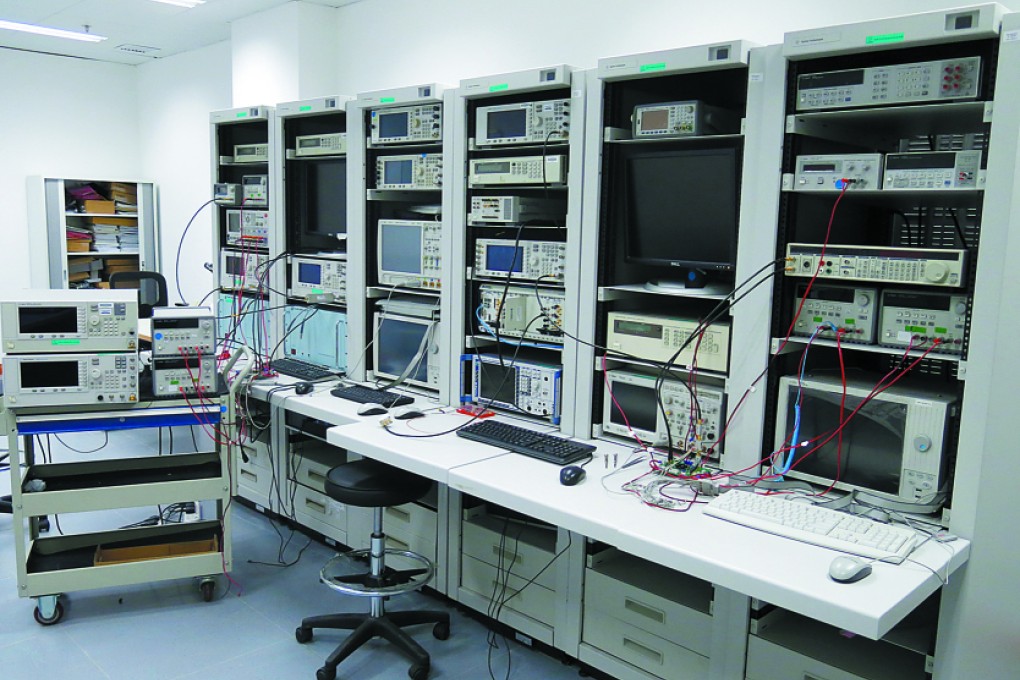Generous funding is supporting a plethora of new research projects at UMacau
[Sponsored Article] In addition to science and technology, the University of Macau (UMacau) also places great emphasis on research in social sciences and humanities. The University launched a new research area called Macaology several years ago, to study Macau’s unique heritage, culture and history, and several conferences were organised at venues including Macau, Lisbon and Beijing, with the fourth one to take place in Brazil in 2015.

[Sponsored Article]
In addition to science and technology, the University of Macau (UMacau) also places great emphasis on research in social sciences and humanities. The University launched a new research area called Macaology several years ago, to study Macau’s unique heritage, culture and history, and several conferences were organised at venues including Macau, Lisbon and Beijing, with the fourth one to take place in Brazil in 2015.
As Macau’s leading public university, UMacau takes a central role in strengthening and building ties with the Portuguese-speaking academic community to establish a platform to promote education and cultural exchange and collaboration. Professor Rui Martins, the University’s Vice Rector for Research points out that it is important for UMacau to maintain this tradition. UMacau is a member of AULP, an academic alliance of 24 years’ standing that comprises more than 200 Portuguese-speaking universities around the world that gather every year to discuss educational and cultural issues of common concern. The university is serving as President of the alliance from 2014-2017.
Following a common practice among world-class universities, UMacau measures its research outcomes using two key yardsticks – the number of research articles or papers published in top academic journals and the number of patents awarded.
According to Professor Martins, 75 per cent of the research papers published are related to science and technology and around 25 per cent are in social sciences, arts and humanities. This figure is comparatively higher than most Hong Kong universities in this area of research, which is around 10-15 per cent, “but in our case, it is around 20-25 per cent for papers published about social sciences and humanities,” Professor Martins says.
Both the number and citation frequency of published papers by UMacau academics are steadily increasing. Professor Martins is pleased with the research achievements UMacau has garnered over the past year – involving close to 700 research papers published in top academic journals, and over 4,000 citations of UMacau papers indexed in the Web of Science from Thomas Reuters academic research database.
“We’re growing not only in quantity, but also in quality. We would like to see an annual output of 1,000 research papers published in several years’ time, which will be a good sign to indicate that we are moving from a teaching university to a research-led university,” says Professor Martins.
So far UMacau has more than 20 patents registered in the US and China mainly as a result of the two state key labs’ research effort, and Professor Martins expects some robust commercial applications to appear in the near future.